It is well known that minerals help to strengthen our teeth and bones. Calcium is one of the essential mineral that makes the bone and teeth stronger. However, one more mineral called as fluoride (fl) helps in making the teeth stronger and fight tooth cavity. It is a mineral that is present in many foods and water. Our teeth undergo two important processes on a daily basis that is demineralisation and remineralisation. The enamel is the strongest part of our tooth.
When fluorine is negatively charged, it meets a positively-charged ion like sodium; cavity fighters are born. When these fluoride compounds are in your mouth, they can actually make your teeth stronger and prevent cavities. They can even reverse early tooth decay.
Mineralisation in relation to Tooth cavity
Demineralisation is a process when the minerals are lost from outer surface of the teeth. Remineralisation is a process where the minerals like calcium, fluoride, phosphate are redeposited on the outer surface of teeth from the water and food intake.
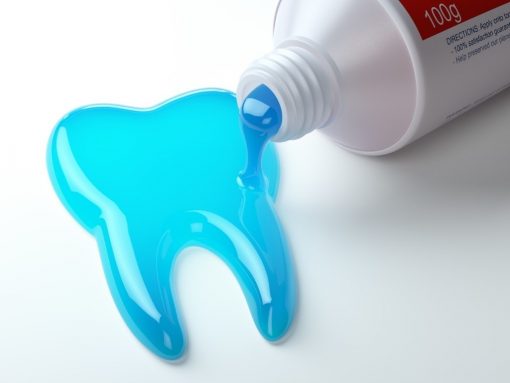
If the demineralisation takes place more than remineralisation it leads to tooth decay or cavity. Fluoride plays an important role in tooth mineralization in both adults and children. Fluoride consumed from foods, water and other dietary supplements helps to make the enamel of tooth harder before they erupt into the oral cavity. After they erupt into the oral cavity, fluoride helps in remineralization thus making it resistant to tooth decay.
How does fluoride prevent cavities?
Fluoride is one of the most powerful minerals to help prevent tooth decay by making the tooth enamel more resistant to attacking acids. It can also actually reverse very early decay.
Does fluoride mouthwash prevent cavities?
It helps reduce tooth decay and prevent cavities. They kill the bacteria that cause bad breath, plaque, and gingivitis, an inflammation of the gums at the early stages of gum disease.
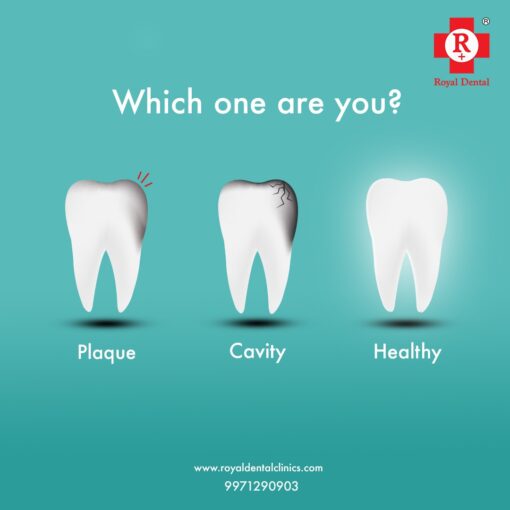
How often should I use fluoride mouthwash?
Use this rinse once daily (usually at bedtime) or as directed by your dentist.
After brushing your teeth, place 2 teaspoonfuls (10 milliliters) of the solution into your mouth, swish vigorously for 1 minute, and spit it out.
Sources of Fluoride that fight tooth cavity:
Drinking water has fluoride commonly found specially in sources like rivers, wells and ocean. Fl added to drinking water and its concentration is 0.7 to 1.2 ppm. Studies have shown that fl in water helps to prevent tooth decay by 25% in children and adults.
Advised to kids, drink 200ml of milk per day as it has good fluoride content.
Water fluoridation in some areas is not present due to geographical conditions. So, fluoride incorporated through salt to overcome the issue. Minimal acceptance level of fl in salt is 200mg/kg.
In most diets like sea food, tea, juices, processed food including infant food, meat, chicken; fluoride content is present.
Is toothpaste good for tooth enamel?
Fluoridated mouthwashes and toothpaste contain around 0.22% to 1.1% ppm of fluoride. Most of the toothpaste have 1000ppm of fl content. Toothpaste less than that level not recommended for use.
2 mins brushing recommended for healthy teeth. Fl in mouthwashes are effective in strengthening the tooth enamel. For optimal results use mouthwash after toothbrushing and flossing.
Fl gels, foams and varnishes- they used for patients with high risk of cavities, orthodontic patients, patients with decreased salivary flow. The dentist applies it with the help of prefabricated special trays or with the help of brushes.
“Fluoride is more beneficial for children between 6-16 yrs of age as this is the time when primary and permanent teeth erupt.”

“For children less than 6 yrs. fl requirement met by fluoridated water, food and beverages to fight cavity. Mouthwashes and rinses not recommended for children.”
Side effects and toxicity of fluoride: Up to 20mg/day of elemental fluoride taken by mouth appear to be safe. Higher dose is unsafe as it may weaken bones and ligaments. Increased dose in children during their permanent tooth eruption causes discoloration of enamel.
Dental fluorosis:
It is also known as mottled enamel. Hypo-mineralization of enamel is caused due to excess intake of fluoride during enamel formation. Appearance varies from white line to speckled (mild form) to brown orange discoloration, pitted, rough (severe form). Highest risk of developing fluorosis is before 6 yrs. of age. The adequate intake of fluoride is 0.7 mg for toddlers, 3 mg daily for adult women and 4 mg daily for adult men.
Neglect towards dental care leading to poor oral hygiene is considered to be the main reason for tooth decay. Fluoride serves as a preventive measure against tooth decay or cavity.
Follow Us For More Updates
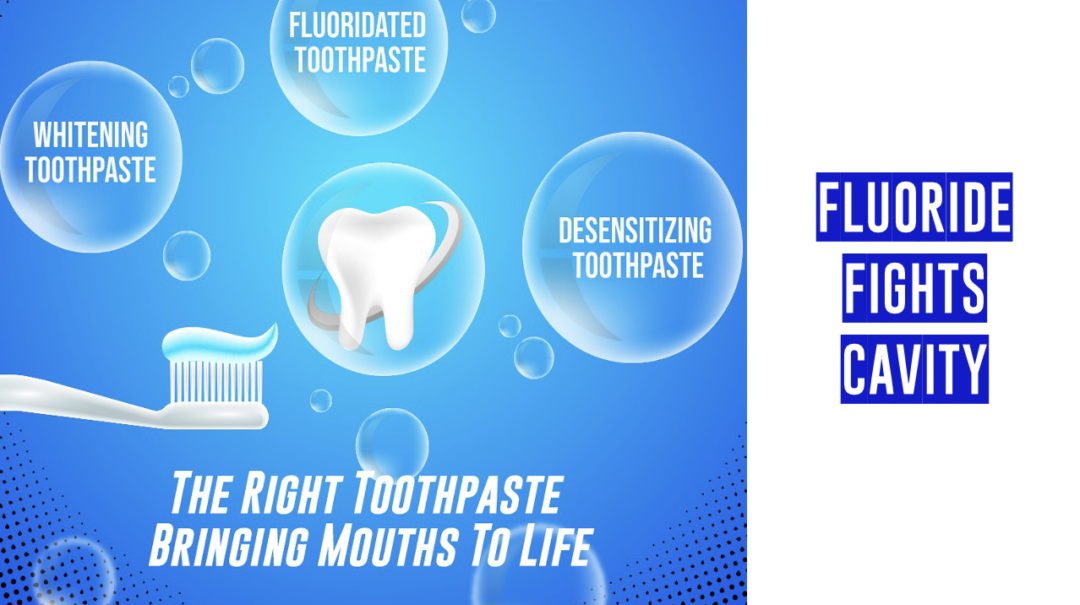



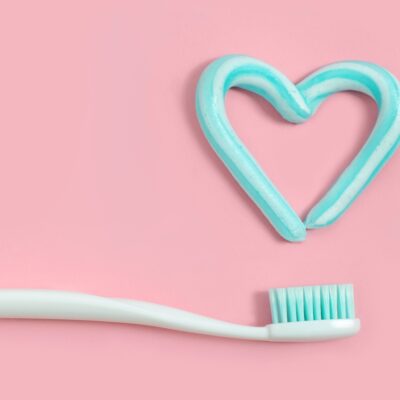
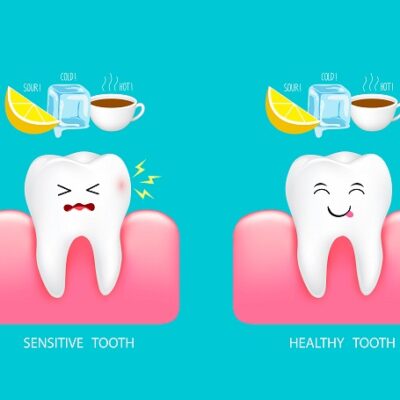
Fluoride is well known that minerals help to strengthen our teeth and bones. Fluoride helps to fight tooth cavity. I defiantly use these.